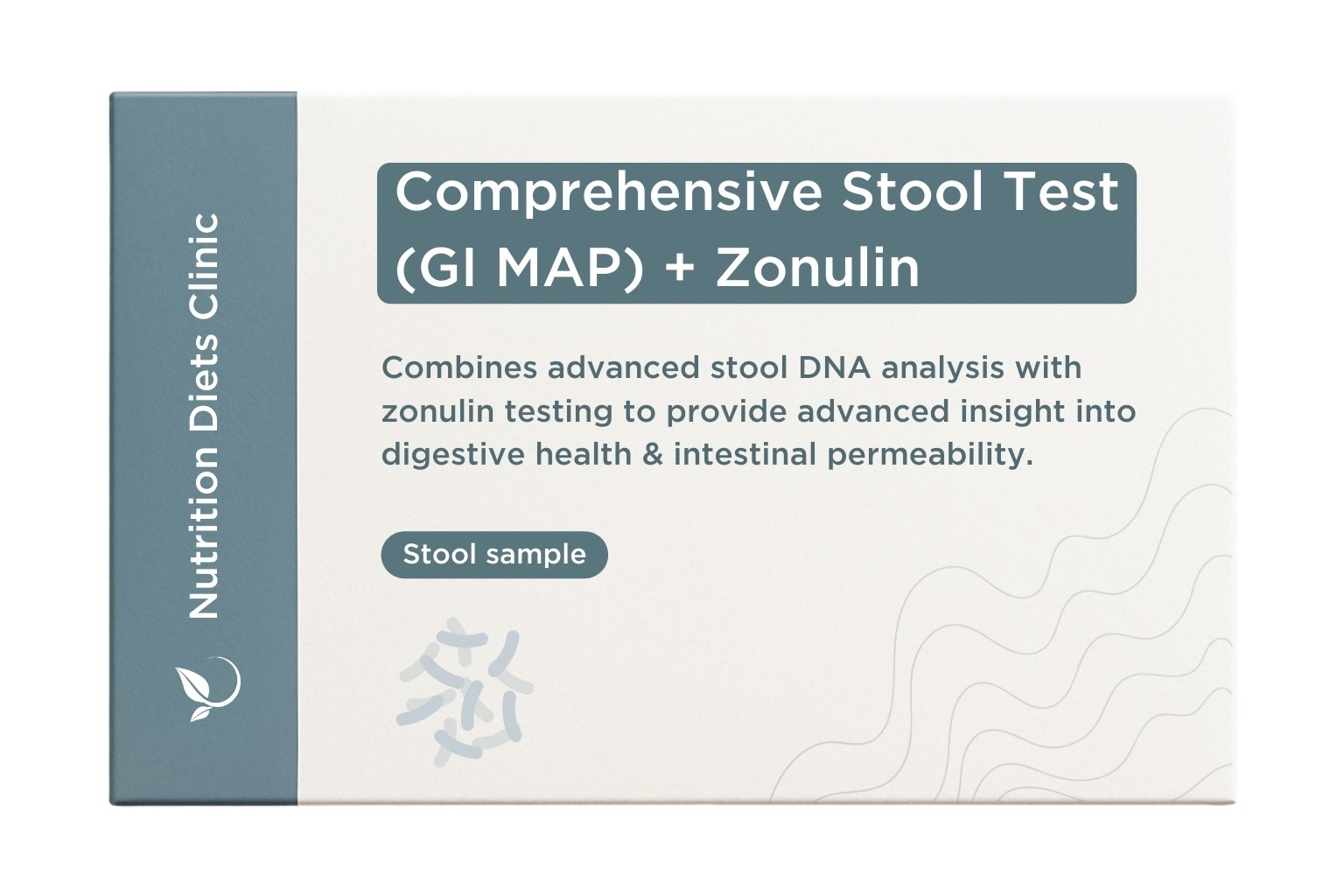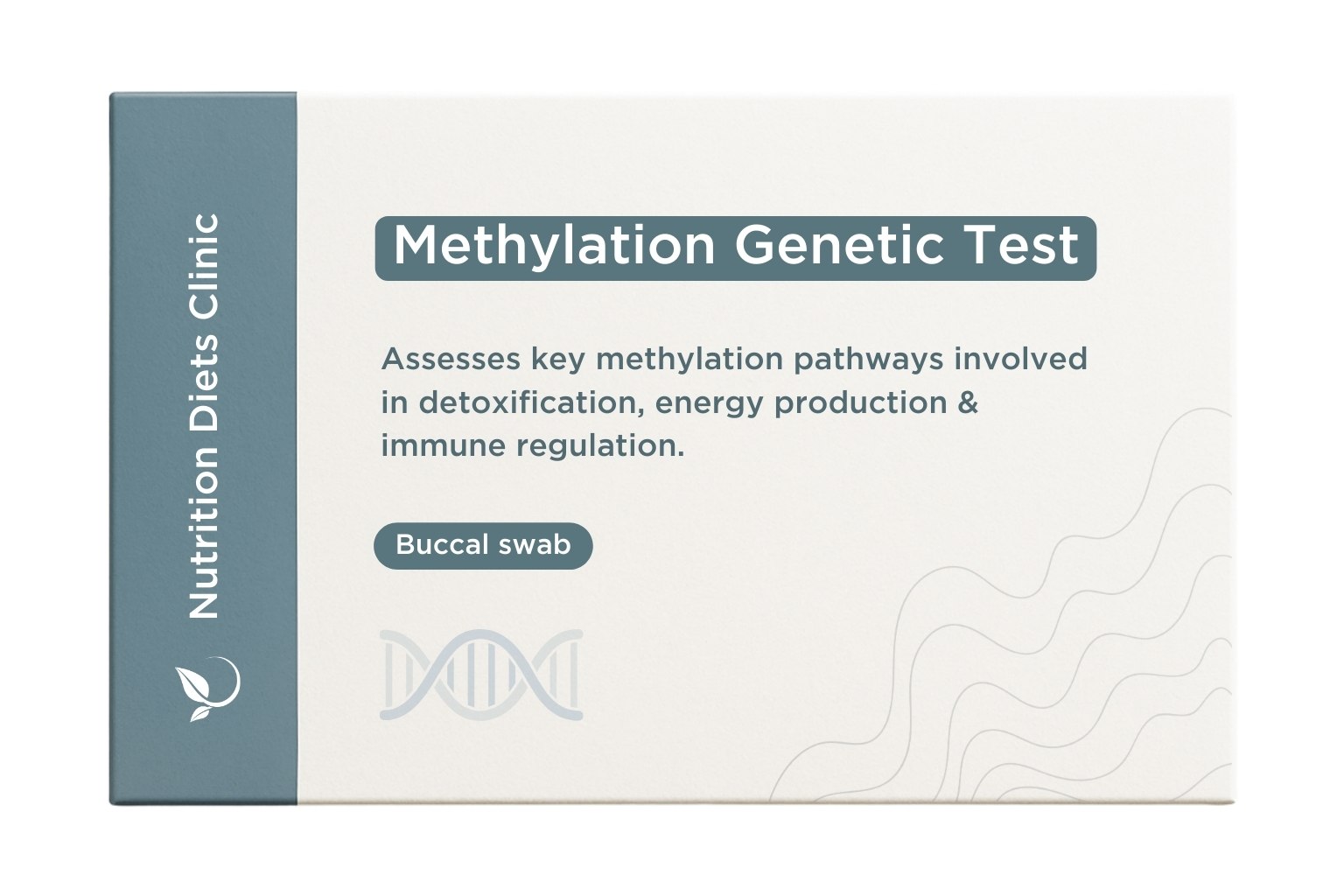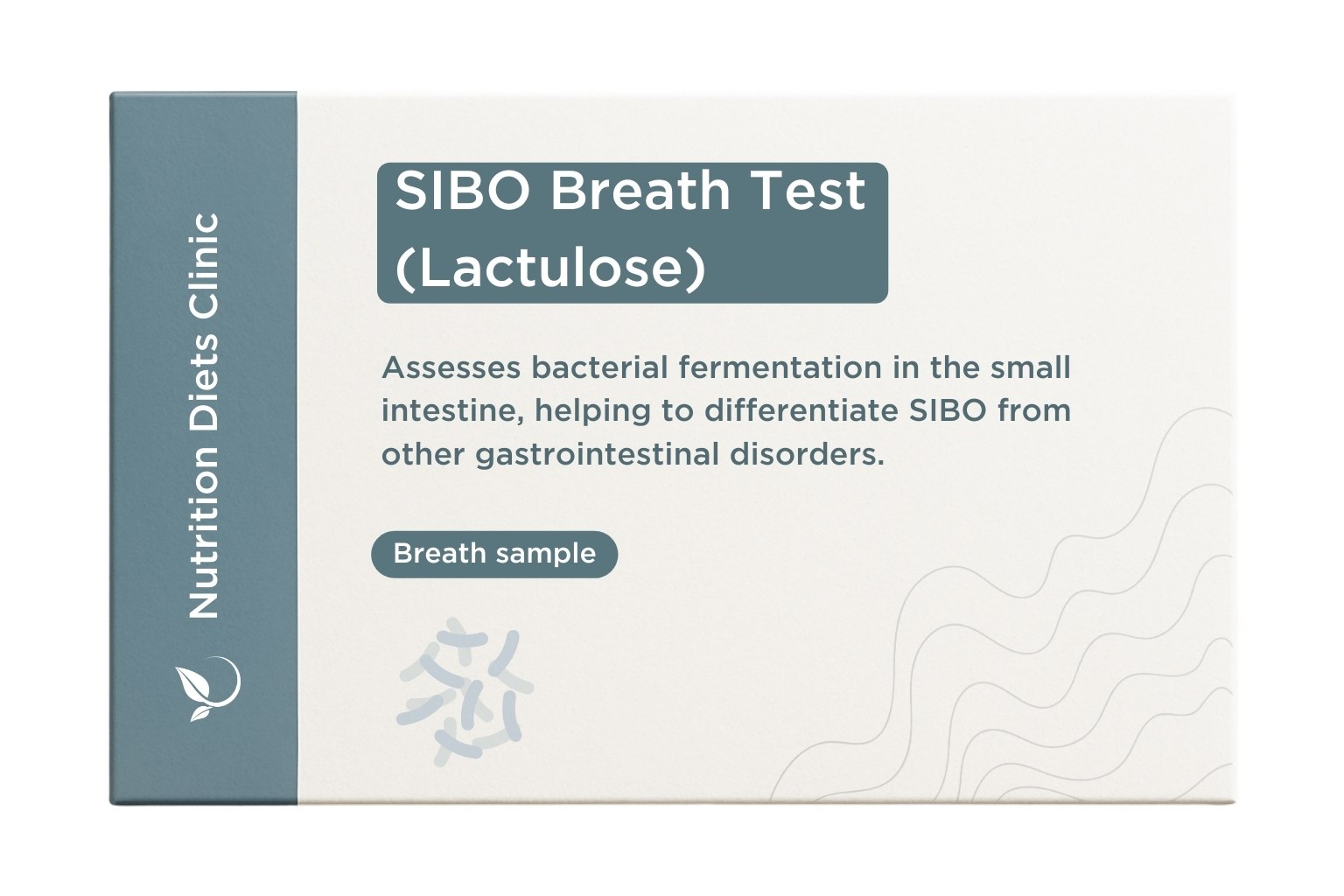When most people think about bone health, calcium and vitamin D supplements are usually the first things that come to mind. And while these nutrients are essential, they are only part of the picture. Bone strength and resilience depend on a complex interaction of diet, hormones, inflammation, lifestyle — and, increasingly recognised, the gut microbiome.
This connection is particularly important for people living with or recovering from cancer, as many treatments can accelerate bone loss. One of the most common outcomes is osteoporosis, a condition marked by reduced bone density and higher fracture risk. Importantly, osteoporosis is not just a women’s issue — men, particularly those treated for prostate cancer, face an increased risk too.
In this month’s blog we commemorate World Osteoporosis Day (Monday 20th October 2025), exploring the gut-bone connection, how cancer treatments impact skeletal health, and how a functional medicine approach can help support long-term resilience.
Osteoporosis is present at diagnosis in 25–40% of patients with prostate cancer (PC).
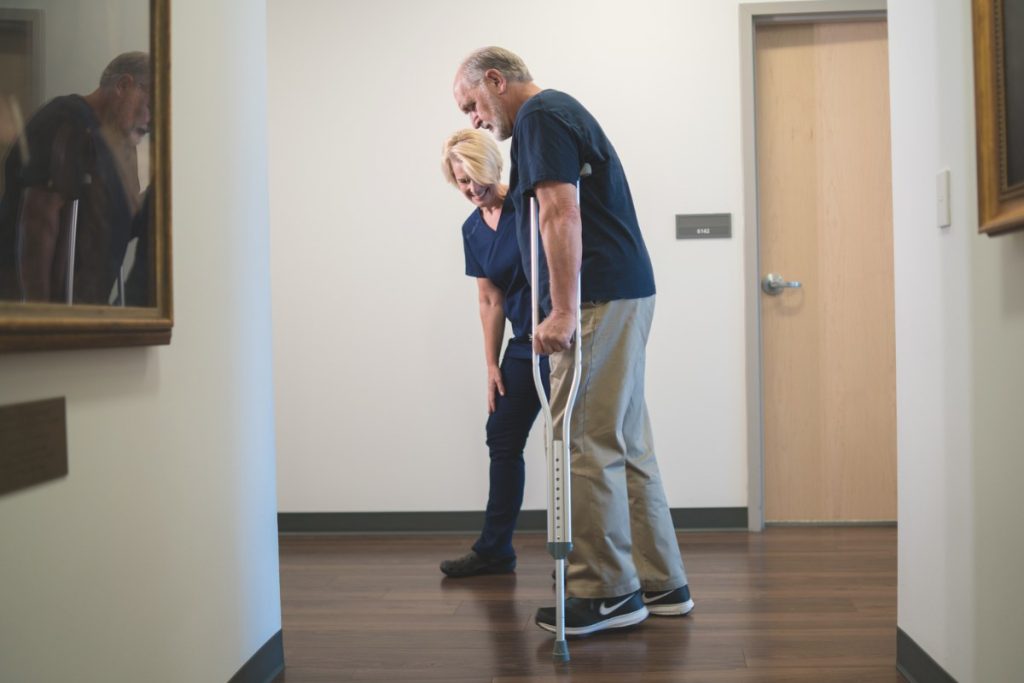
The Gut–Bone Axis: Why Your Microbiome Matters
Your gut is much more than a digestive organ. It regulates nutrient absorption, immune activity, hormones, and inflammation — all of which directly affect bone health.
Trillions of microbes (the gut microbiome) sit at the centre of this system. When balanced, they support bone mineralisation and repair. When disrupted (a state known as dysbiosis), they contribute to inflammation, poor nutrient uptake, and hormonal imbalance — all of which accelerate bone loss and osteoporosis.
How the gut shapes bone density:
-
Nutrient absorption: A healthy gut lining ensures calcium, magnesium, and vitamin D are absorbed efficiently. Dysbiosis or inflammation impairs uptake, weakening bone even when intake is adequate.
-
Vitamin K2 production: Certain beneficial bacteria produce vitamin K2, which directs calcium into bone and away from arteries. Poor gut health lowers this protection.
-
Inflammation and immune signalling: Dysbiosis fuels chronic low-grade inflammation, increasing osteoclast activity (cells that break down bone) and suppressing osteoblasts (cells that build bone).
-
Hormone metabolism: The estrobolome (oestrogen-modulating bacteria) influences postmenopausal bone loss and hormone-driven cancers.
-
Short-chain fatty acids (SCFAs): Produced by fibre fermentation, SCFAs such as butyrate enhance mineral absorption, reduce inflammation, and stimulate bone formation.
👉 For a deeper dive into osteoporosis itself, see our dedicated article ‘How To Support Bone Health & Prevent Osteoporosis with Nutrition’.
Book a Free Discovery Call
Discuss your health concerns with one of our expert practitioners and find out how personalised functional medicine can get your health on the right track.
Cancer Treatment & Bone Health
Cancer and its therapies place enormous strain on skeletal health. Beyond their intended anti-tumour effects, many treatments disrupt hormones, compromise nutrient absorption, and provoke inflammation — all crucial systems for maintaining strong bones. Consequently, bone loss, osteoporosis, and fractures are common complications, not only during treatment but also in the years that follow. Both men and women are affected, though the risks may differ depending on the type of cancer and therapy used.
A 2022 study conducted by a group of experts from the Spanish Society of Medical Oncology (SEOM), the Spanish Society for Bone and Mineral Metabolism Research (SEIOMM), the Spanish Society of Rheumatology (SER), and the Spanish Society of Orthopedic Surgery and Traumatology (SECOT) found that fragility fractures occur in up to 20% of male patients within the first five years of androgen deprivation therapy (ADT) for prostate cancer, as well as increasing the risk of osteoporosis from 10%–40% to 80% after 10 years of treatment exposure.
Direct Effects of Cancer
-
Breast, prostate, and multiple myeloma often directly invade bone tissue, weakening its structure and integrity.
-
Bone metastases, particularly common in advanced breast cancer, substantially elevate fracture risk
Treatment-Related Bone Loss
- Hormone Therapies:
Aromatase inhibitors (AIs): Compared to tamoxifen or chemotherapy alone, clinical evidence suggests that AI use is linked to a significantly higher risk of developing osteoporosis (hazard ratio ≈ 2.5). Studies have also shown bone density losses of around 1–4% per year in hip and spine among women on AIs.
Androgen deprivation therapy (ADT): By drastically lowering testosterone (and indirectly oestrogen), ADT disrupts the normal balance between bone formation and resorption. This leads to accelerated declines in bone mineral density, particularly in the lumbar spine and hip, often within the first year of treatment. The result is an increased susceptibility to osteoporosis and fracture risk over time.
- Chemotherapy: Known to accelerate bone turnover and potentially induce early menopause or reduced testosterone — both contributors to bone loss.
- Corticosteroids: Widely used across oncology care, these drugs impair calcium absorption and may expedite bone resorption.
- Radiation therapy: Targeted radiation can weaken nearby bone, increasing fracture risk in affected areas.
👉 For a deeper dive into osteoporosis itself, see our dedicated article ‘How To Support Bone Health & Prevent Osteoporosis with Nutrition’.

Functional Medicine Approaches to Protect Bone Health During and After Cancer Treatment
From a functional medicine perspective, bone health is best supported by looking beyond a single nutrient or treatment and considering the body as a whole. This approach focuses on the interconnected roles of nutrition, gut health, lifestyle and personalised testing. By addressing these foundations, it is possible to build a stronger, more resilient skeleton — even during or after demanding cancer therapies.
1. Nutrition & Gut Health for Bone Resilience
Diet plays a central role in any functional medicine protocol for bone support, but rather than focusing only on calcium, this perspective considers the synergy between multiple nutrients and the health of the gut that absorbs them.
For example, someone may be taking adequate calcium, but without sufficient magnesium, vitamin D, or vitamin K2, that calcium may not be directed into the bones. Similarly, poor gut health can mean nutrients are not absorbed effectively, leaving the skeleton vulnerable even with a seemingly good diet.
In practice, a personalised plan may include:
-
Increasing magnesium-rich foods or supplementation if stool testing or organic acids testing shows low absorption.
-
Emphasising fermented foods and prebiotic fibres if microbial imbalance is detected, to restore vitamin K2 and SCFA production.
-
Adjusting protein intake based on weight, activity, and treatment side effects to maintain muscle and bone strength.
The goal is to use functional nutrition and gut support as part of an integrated plan, ensuring the right nutrients are delivered and absorbed where they are needed most.
2. Lifestyle Foundations for Bone Strength
Functional medicine also recognises lifestyle as a therapeutic tool. Bone loss is not simply the result of missing nutrients — it is also shaped by mechanical stress, inflammatory load, and recovery capacity.
Within a personalised protocol, lifestyle adjustments may include:
-
Exercise prescriptions matched to fitness and energy levels — for example, resistance bands for someone fatigued from chemotherapy, versus higher-load resistance training in recovery.
-
Inflammation reduction strategies tailored to the individual — such as focusing on anti-inflammatory foods for one patient, or prioritising sleep optimisation and stress management for another.
-
Risk-reduction strategies — like targeted alcohol moderation or smoking cessation support if those are contributing factors.
By integrating these adjustments into a personalised protocol, lifestyle shifts become more sustainable and relevant to each person’s individual context and circumstances.
3. Functional Testing for Personalised Insight
Testing is central to the functional medicine model because it removes guesswork. Not all patients experience bone loss for the same reasons: one may have hormone-driven risk, another nutrient malabsorption, and another chronic inflammation.
Examples of how testing informs a protocol:
-
DEXA scan results may confirm early bone density changes, prompting timely intervention.
-
Stool analysis might reveal reduced SCFA production, guiding the addition of prebiotic fibres and fermented foods.
-
DUTCH hormone testing can show whether bone loss is linked to low oestrogen, testosterone, or high cortisol.
-
Micronutrient testing ensures that supplementation is precise, targeting deficiencies rather than applying a one-size-fits-all approach.
Together, these insights allow us as clinicians to design protocols tailored to each individual’s biology, treatment history, and lifestyle, offering more targeted and effective support than generalised guidelines.
🔬 For more information on our range of health tests, personalised nutrition and lifestyle plans and targeted supplement protocols tailored to your needs by our practitioners visit our How It Works page.
Test. Don’t Guess.
Get the answers you’re looking for with our wide range of at-home health tests. Easy to order. Easy to use.
Final Thoughts
Bone health cannot be considered in isolation from gut health or cancer treatment as they are deeply interconnected — when one is disrupted, the other is often affected.
A functional medicine approach addresses this complexity by asking: Why is bone loss happening here, in this individual? It then builds a strategy that combines targeted nutrition, gut support, lifestyle adjustments, and testing data into a personalised plan.
For people living with or recovering from cancer, this approach offers a way to protect bone strength, reduce fracture risk, and support long-term quality of life. Osteoporosis may be a common outcome of cancer therapy, but it is not inevitable. With proactive assessment and personalised care, resilience can be maintained even in the face of challenging treatments.
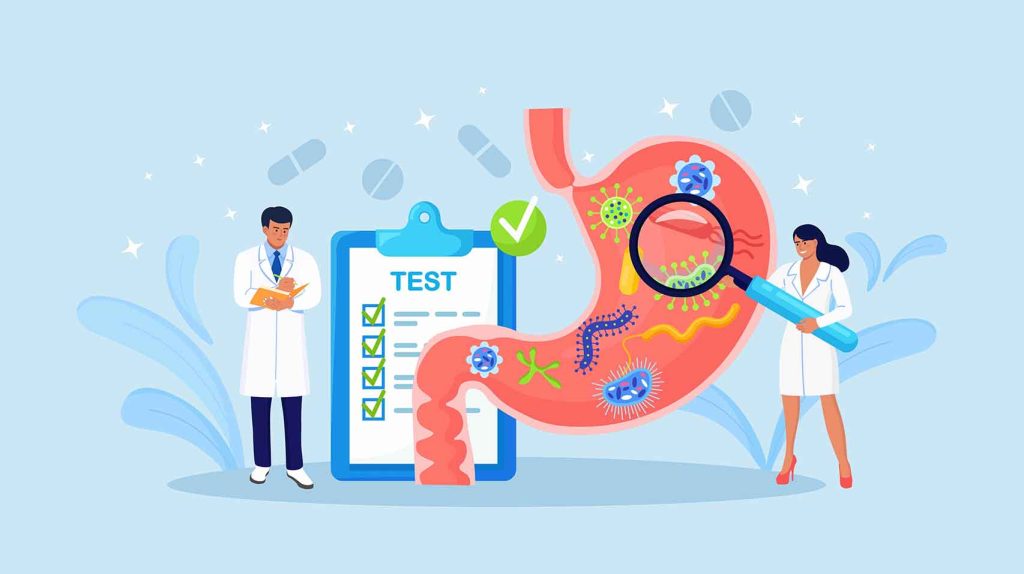
YOUR HEALTH. YOUR CHOICE.
At Nutrition Diets Clinic, our functional medicine approach goes far beyond generic advice by considering your unique genetic makeup, diet, environmental exposures, lifestyle factors, and health history to get to the root cause of your health concerns.
1) Expert one-to-one therapy
2) Personalised nutrition and lifestyle plans
3) Easy, at-home functional testing
Starting the journey towards improved health can feel daunting but our team of qualified professionals are here to provide you with expert guidance and support every step of the way.
We offer thorough clinical assessment and therapy via convenient online consultations. Getting started is simple and free so why not take charge of your health today?

